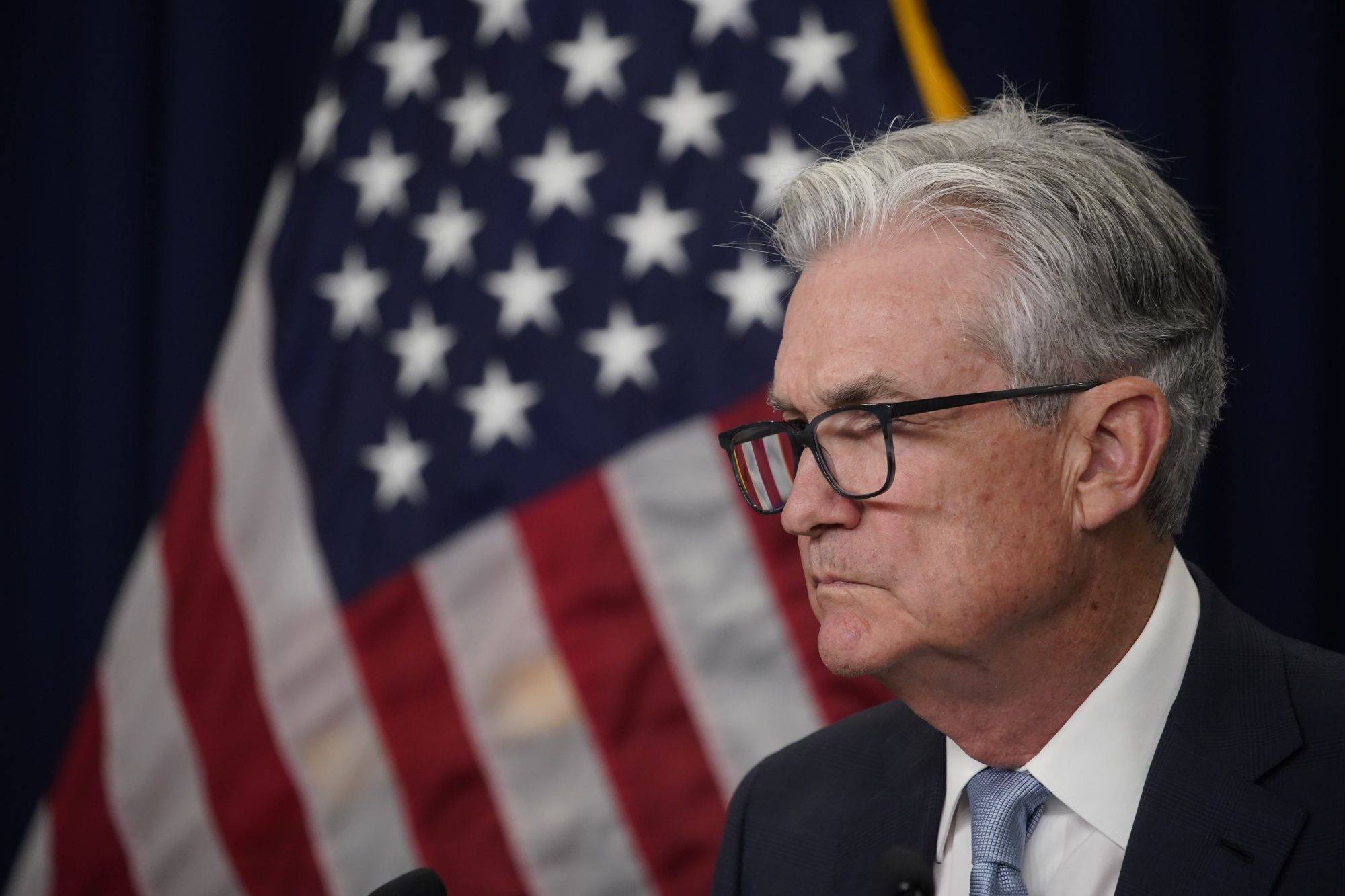Ben Bernanke, who led the Federal Reserve during the global financial crisis, observed that the art of setting monetary policy was 98% talk and 2% action.
A significant rebalancing of that equation would be welcome after communications upheavals this week roiled markets and seemed to reveal a high degree of anxiety among central bankers. While Fed Chair Jerome Powell pledged to conquer inflation, and effectively conceded a recession may be the price for doing so, the process of getting to that point was messy.
Officials in economies big and small are facing a similar dilemma. Quashing inflation without inducing a severe slowdown is a tricky task in the best of times — and this is far from an ideal moment. Inflation has proven more pernicious than projected. Where policy makers are really tripping up is in signaling, or flat-out stating, what their next moves will be well in advance. Central banks then find themselves scrambling at the last minute to reset expectations — that they themselves created — when inflation isn’t behaving. No wonder markets are unnerved. Have central banks inadvertently created a beast that they now can't really control?



















With your current subscription plan you can comment on stories. However, before writing your first comment, please create a display name in the Profile section of your subscriber account page.